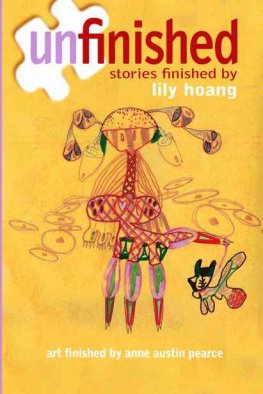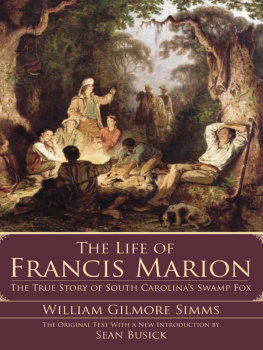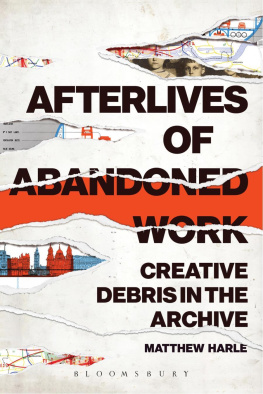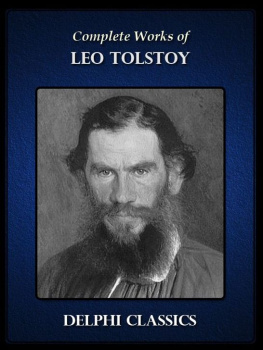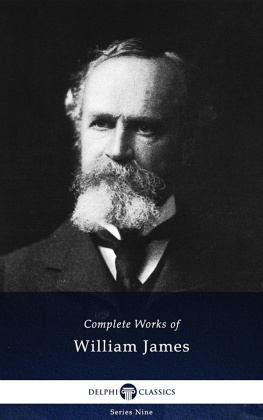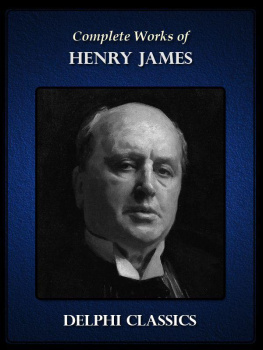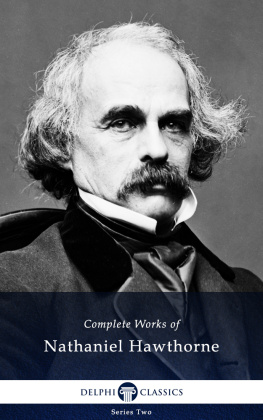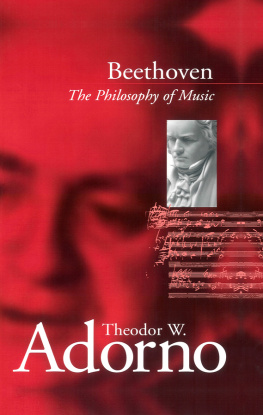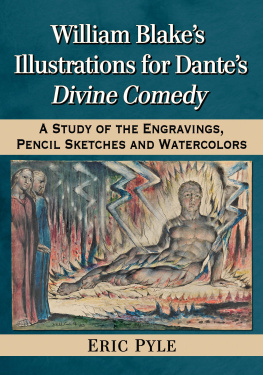PIRATES AND DEVILS
William Gilmore Simms Initiatives: Texts and Studies Series
David Moltke-Hansen and Todd Hagstette, Series Editors
William Gilmore Simmss Unfinished Civil War: Consequences for a Southern Man of Letters DAVID MOLTKE-HANSEN, ED.
William Gilmore Simmss Selected Reviews on Literature and Civilization JAMES EVERETT KIBLER, JR., AND DAVID MOLTKE-HANSEN, EDS.
Pirates and Devils: William Gilmore Simmss Unfinished Postbellum Novels NICHOLAS G. MERIWETHER AND DAVID W. NEWTON, EDS.
PIRATES & DEVILS
William Gilmore Simmss Unfinished Postbellum Novels
Edited by
NICHOLAS G. MERIWETHER & DAVID W. NEWTON

2015 University of South Carolina
Published by the University of South Carolina Press
Columbia, South Carolina 29208
www.sc.edu/uscpress
24 23 22 21 20 19 18 17 16 15
10 9 8 7 6 5 4 3 2 1
Library of Congress Cataloging-in-Publication Data
Simms, William Gilmore, 18061870.
[Novels. Selections]
Pirates and Devils : William Gilmore Simmss unfinished postbellum novels /
edited by Nicholas G. Meriwether and David W. Newton.
pages cm. (William Gilmore Simms initiatives: texts and studies)
Includes bibliographical references and index.
ISBN 978-1-61117-456-4 (hardback) ISBN 978-1-61117-457-1 (ebook)
1. American fiction19th century. 2. Simms, William Gilmore, 18061870
Criticism and interpretation. I. Meriwether, Nicholas G., editor.
II. Newton, David W., 1961 editor.
PS2843.M47 2015
813'.3dc23
2015003054
Publication of this book is made possible in part by the generous support of the Watson-Brown Foundation, together with the Caroline McKissick Dial Publication Fund of the South Caroliniana Library and the University Libraries of the University of South Carolina.
Front cover design by Herbie Hollar
CONTENTS
NICHOLAS G. MERIWETHER
DAVID W. NEWTON
ACKNOWLEDGMENTS
Anyone who spends time with Simmss writing comes away with a profound appreciation for the importance he placed on friendship. Scholars who study Simms are fortunate to be able to call on the support of a community of scholars, whose friendship and support for this project we are grateful to acknowledge.
James L. W. West III of the Pennsylvania State University Center for the History of the Book provided advice for textual transcription and editorial practices. The research librarians and staff at the South Caroliniana Library at the University of South Carolina provided generous assistance in the preparation of both of these manuscripts for publication. Allen Stokes, the former director, assisted with editing Sir Will O Wisp. Allen Stokes, his successor Henry Fulmer, and Manuscripts Specialist Graham Duncan all provided invaluable assistance with conjectural emendations for both texts. John Miller also reviewed sections of the transcription of Sir Will O Wisp and helped with difficult passages.
Work on the transcription of Sir Will O Wisp was completed through the generosity of the William Gilmore Simms Research Fellowship at the South Caroliniana Library. The initial transcription of The Brothers of the Coast, primarily by Graham Duncan, was generously funded by John Simms.
The University of West Georgia provided funding for graduate research assistantships to support editorial work on Sir Will O Wisp. Brooke Sparks, William Manion, and Kimberly Smith assisted with research on annotations for the work. Laura McClanathan assisted with the annotations for The Brothers of the Coast. Alex Moore at the University of South Carolina Press was a patient champion who never faltered in his belief that these two difficult works deserved a wider audience. David Moltke-Hansen, then director of the Simms Initiatives at the University of South Carolina, created a forum that allowed this book to come to fruition, and he also provided careful readings of the introductory essays for the texts. Any errors are the responsibility of the respective editors.
EDITORIAL METHOD
Both of these works are public texts, intended for publication; the purpose behind this volume is to provide accessible texts that will facilitate the introduction of these formerly unpublished efforts. The editing practices here honor those of The Centennial Edition of the Works of William Gilmore Simms, published by the University of South Carolina Press, and the Selected Fiction of William Gilmore Simms Arkansas Edition, by the University of Arkansas Press, while acknowledging recent changes in textual scholarship that place greater emphasis on readability. This provides an overview of the editorial practices followed here; a more detailed analysis of both works can be made via their online publication, by the Simms Initiatives at the University of South Carolina.
Dialect has been left as Simms wrote it; elsewhere spelling has been made consistent but rendered in accordance with Simmss use. Simms often left compounds such as any thing, some body, day light, and so forth as two words; these have been combined and standardized. Spelling of people, places, and things has been made consistent; in The Brothers of the Coast, Simmss occasional use of the definite article the before Steel Cap has also been made consistent and thus dropped throughout. Some archaic spellings such as sate for sat, gripe for grip have been modernized when leaving them in their original form would have led to confusion.
Capitalization and punctuation have been made consistent and generally modernized. Simmss practice of using dashes to reveal breath-lines, often after commas and semicolons, has been rendered, in most circumstances, as a comma; exceptions have been made when the addition of a new comma would render the sentence too unwieldy. Simmss frequent use of commas has been reduced as well, to better conform to modern usage. Simms wrote quickly and used ampersands (&), Sharfess Ss (the German double-S), paragraph marks (), and other abbreviations as both shorthand and printers directives, not intended for typographical transliteration in the published text. These have been spelled out or heeded. Simms provided some paragraph breaks, indicated by either glyph () or indentation; these have been followed, but additional breaks were also occasionally inserted to improve the flow of the text. Double quotation marks around names and place names have been minimized. Simms usually placed apostrophes before the n in contractions such as dont and shouldnt. These have been made consistent and modernized, for example, dont, shouldnt. Italics have been limited to emphasis that Simms intended and to uncommon foreign words and phrases; other instances have been eliminated. When Simms struck out a word, it was omitted. He almost never reinstated a word, once struck out.
The manuscript of The Brothers of the Coast was damaged. Missing parts of pages and the obliteration of words mean that the majority of the insertions are conjectural editorial emendations, based on context, physical limits (such as the number of spaces occupied by the missing paper), and general knowledge of Simmss writing. The use of brackets to indicate editorial emendations has been minimized. A detailed, line-by-line transliteration of both manuscripts, along with full textual apparatus, is available online through the Simms Initiatives at the University of South Carolina. The digital facsimile edition of both works, reproducing the manuscripts and accompanying transcriptions, allows this edition to provide a more readable, accessible texts, leaving the digital versions to provide textually authoritative transliterations of the manuscripts themselves.
Next page

